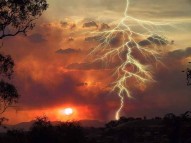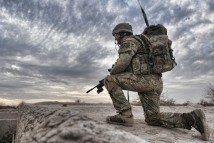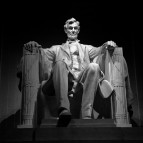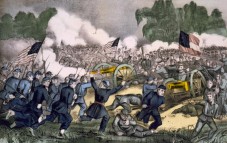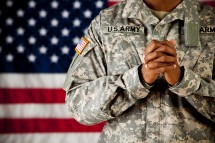Amazing Grace (Memorial Day)
Written by English clergyman John Newton(1725-1807) as expiation for his involvement with the slave trade. First presented as part of a sermon in 1773, it was published in 1779, then forever after sung to the tune "New Britain" beginning in 1835.
Battle Hymn Of The Republic (Memorial Day)
Words by Julia Ward Howe set to the tune of "John Brown's Body" sung by Northern troops during the Civil War, 1862. One of the most stirring anthems ever written, a rallying cry for genuine freedom fighters everywhere. A personal favorite of (half-American) Winston Churchill who requested that it be played at his funeral.
God Of Our Fathers (Memorial Day)
Written in 1876 by Daniel C. Roberts, a Civil War vet and Episcopal priest from Vermont, to commemorate the centennial of the Declaration of Independence.
Goin' Home (Memorial Day)
The Largo movement of the New World Symphony (#9 in E minor, 1893), composed by Czech composer Antonin Dvorak(1841-1904) while visiting/teaching in America. The simple, moving words suggest this is a traditional Negro spiritual, but they were added in 1922 by William Arms Fisher(1861-1948), an American pupil of Dvorak.
Lincoln's Gettysburg Address, 1863 (Memorial Day)
Delivered by President Abraham Lincoln(1809-1865) on November 19, 1863 in Gettysburg PA, just 4 months after the Union defeat of the Confederate Army there. Dedicating the new Soldiers' National Cemetery, the address lasted only 2 minutes but captured for all time the larger purpose of preserving the fledgling, free nation. Music: "The Battle Hymn Of The Republic," one of the most stirring anthems ever written, a rallying cry for genuine freedo...
Lord's Prayer, The (Memorial Day)
Music by 20th century American composer Albert Hay Malotte, The classic text is the current Catholic version and that found in the 1928 Episcopal Book of Common Prayer. The original source is the 1662 English translation drawn from Greek & Latin versions of Matthew 6:9-13.


